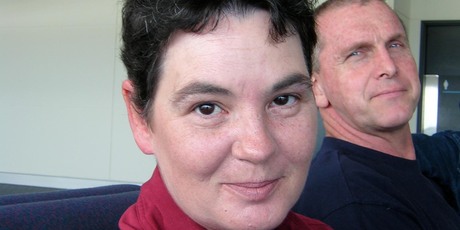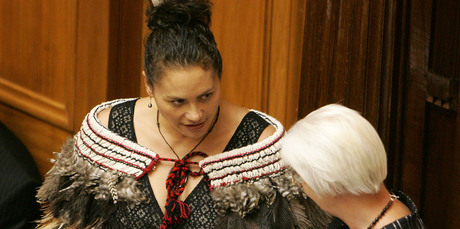By Mark O’Brien
Impunity Watch Reporter, North America
WASHINGTON, United States — The family of a Yemeni citizen found dead nearly two weeks ago at the military prison in Guantanamo Bay said this weekend they want answers.

Adnan Farhan Abdul Latif, 32, was found unconscious in his cell on Sept. 8. The military said efforts to revive him were unsuccessful. Government officials said Latif’s death was due to natural causes, but his family was doubtful.
“He is dead now, but this case will live until the truth is revealed,” said Latif’s father, Farhan Abdul Latif, in an interview with the English-language United Arab Emirates newspaper, The National. “All along, he was being held illegally.”
U.S. forces captured Latif in January 2002 following the invasion of Afghanistan in the wake of Sept. 11, 2001. The U.S. government accused Latif was of traveling from Yemen to Afghanistan to attend terrorist training camps. But Latif said he was traveling to Pakistan for medical care after a car accident, only to be captured with other expatriate Arabs after 9/11.
“Whatever the cause, it was Guantanamo that killed him,” said Latif’s lawyer, Michael Remes, who was scheduled to meet with his client on Tuesday. Indeed, Latif had been on hunger strikes and made suicide attempts during his decade in prison.
“I prayed to see him before I die [but] my prayer was not accepted,” Latif’s mother told The National. She described her son as the “most obedient of all my children” who “only wanted good health. This was his only crime.”
Prosecutors never had proof that Latif was linked to Al Qaeda or the Taliban. That lack of evidence led a federal judge to order the Obama Administration in 2010 to release Latif to Yemen as soon as possible. The ruling followed a recommendation by government officials earlier that year—as well as in 2008—that Latif be transferred out of Guantanamo as a low-level threat.
But last October, the DC Circuit Court of Appeals reversed that court order. In a split opinion, the appellate majority held that the government’s uncorroborated intelligence about Latif must be treated as reliable and accurate, like official tax receipts, unless there was “clear evidence to the contrary.”
Latif becomes the ninth detainee to die at Guantanamo since the prison was established after 9/11. The Pentagon said six have killed themselves, while the other two died of natural causes.
Human rights supporters expressed hope that Latif’s case would bring attention to those being detained indefinitely without trial at Guantanamo.
“It’s time for the Obama administration to make good on its promise to close Guantanamo, and either charge the remaining detainees in civilian court or release them,” said Andrea Prasow of Human Rights Watch. The nonprofit says only six of the remaining 167 detainees at Guantanamo face active charges.
Meanwhile the family promised it would not to let their son’s death be in vain.
“This case is far from over,” Latif’s father told The National. “We are holding US President Barack Obama responsible for the killing of my beloved son.”
For further information, please see:
Yemen Times — The Face of Indefinite Detention — 17 September 2012
The National — Questions Linger for Parents of Yemeni Prisoner Who Died in Guantanamo — 16 September, 2012
National Yemen — Yemeni Guantanamo Bay Detainee Found Dead in Cell — 16 September 2012
Salon — Guantanamo Prisoner’s Tragic Letter — 16 September 2012
CNN — Guantanamo Still a Blight on U.S. Record? — 15 September 2012
The New York Times — Death at Guantanamo Bay — 15 September 2012



